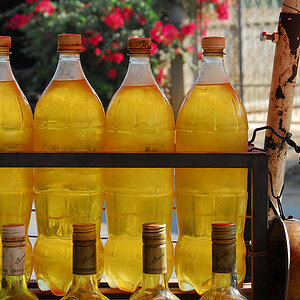EmMcCon
TPF Noob!
- Joined
- Aug 8, 2011
- Messages
- 64
- Reaction score
- 2
- Location
- MI, USA
- Website
- www.flickr.com
- Can others edit my Photos
- Photos OK to edit
What are your opinions on creative effects: use in camera tools/funky lenses (eg. creative modes, "lens baby" lenses) or edit (eg. photoshop)? I usually edit later but I'm really curious BTW this is my first post so yeah...and stuff...:er:


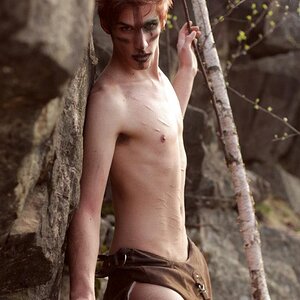
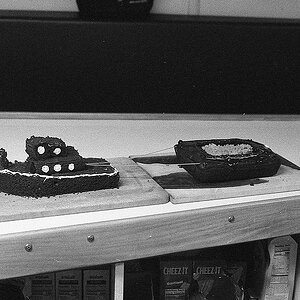
![[No title]](/data/xfmg/thumbnail/33/33361-f56184027ce743b2b7ba9d378a8bb426.jpg?1619735925)
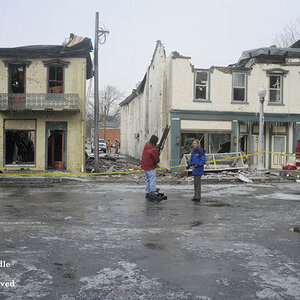
![[No title]](/data/xfmg/thumbnail/37/37636-e02c7efccb426a8951ed97a37c0f9307.jpg?1619738157)
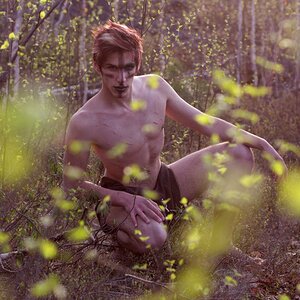
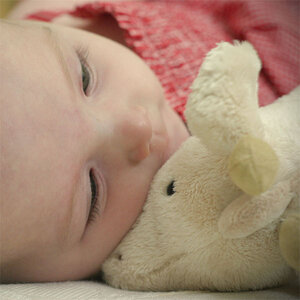

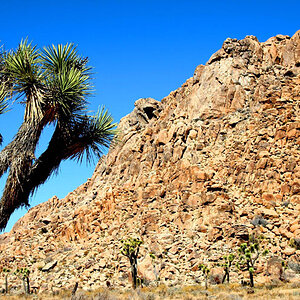
![[No title]](/data/xfmg/thumbnail/33/33360-ff0b69685c94740bde3f53b6d7aa9af1.jpg?1619735924)

